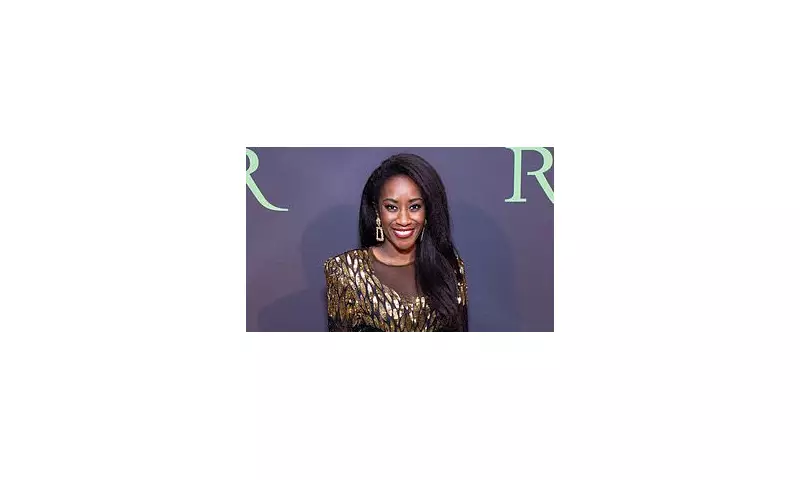
The media world is reeling after The Washington Post made the decisive move to part ways with prominent columnist Karen Attiah. The termination comes in the direct aftermath of a highly inflammatory social media post directed at conservative figure Charlie Kirk.
Attiah, a Pulitzer Prize finalist renowned for her advocacy journalism, posted a tweet that has since been deleted. It contained a photoshopped image of Kirk's face on a historical poster related to racial propaganda, accompanied by a caption that many interpreted as a severe personal attack.
A Breach of Editorial Standards
While the exact contents of the Post's internal policy remain confidential, insiders suggest Attiah's actions were deemed a clear violation of the newspaper's social media and professional conduct guidelines. The post was widely criticised for its incendiary nature, crossing a line from robust commentary into perceived harassment.
The newspaper's management, faced with the public fallout and potential damage to its reputation, acted swiftly. The decision underscores the intense pressure legacy media outlets are under to enforce strict standards on their journalists' digital conduct, especially on platforms like X (formerly Twitter).
Industry Reaction and the Free Speech Debate
The dismissal has ignited a firestorm of debate across the industry. Supporters of Attiah argue that her termination is an overreaction and a suppression of strong, necessary voices, particularly those speaking on issues of race and power. They point to her acclaimed work, including her coverage of the murder of Jamal Khashoggi.
Conversely, others contend that professional accountability is paramount. They argue that such personal attacks, regardless of the target, undermine journalistic integrity and credibility. The incident highlights the increasingly thin line journalists must walk between personal expression and professional responsibility in the digital age.
For The Washington Post, the move signals a firm stance on maintaining its editorial standards. For Karen Attiah, it marks a sudden and public end to a significant chapter at one of America's most prestigious newspapers. The reverberations from this event will likely fuel ongoing conversations about power, accountability, and the limits of speech in modern journalism for some time to come.





